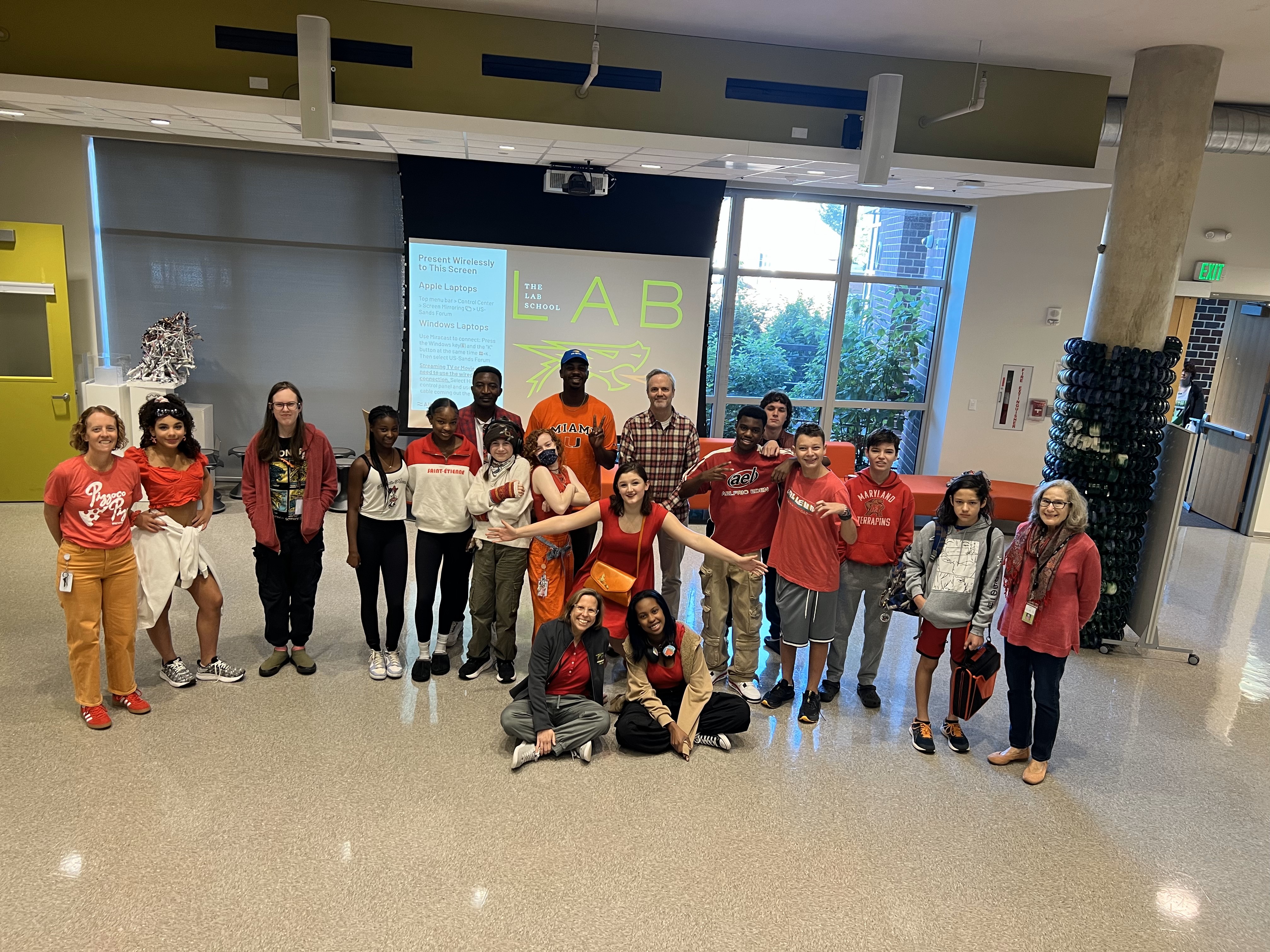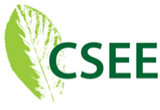Today is World Dyslexia Day
October is also Dyslexia and ADHD Awareness Month. Lab is focused on creating a more inclusive world for those with dyslexia and shifting the conversation from it being a deficit to a strength!

At Lab, we turn language-based learning differences into advantages for our students. Our innovative, arts-infused education recognizes that the benefits of dyslexic thinking, which is defined as an approach to problem solving, assessing information, and learning that involves pattern recognition, spatial reasoning, lateral thinking, and interpersonal communication. We know that our students’ brains are not broken and they do not need to be fixed. In fact, we need different thinkers to solve the difficult problems that the world is facing today.
Today is World Dyslexia Day, part of a global initiative to shed light on dyslexia and the millions of people who live with it every day. We know that the way a dyslexic brain is wired does not mean that someone is less intelligent, only that skills like reading and writing will be more of a challenge because of how language is processed. Our students, and others with dyslexia, can often be under-valued in the world at large when they are measured against traditional “rote learning” standards instead of their lateral thinking and problem-solving abilities.

The Lab School has always believed in the power and creativity of dyslexic thinking. Our goal is to unleash our students’ differences so they can feel successful in a way they might not in a more “traditional” learning environment. In his graduation speech this past June, Liam Crowley ’24 summed up this approach and its benefits for our students, saying “we know, because of our time at Lab, that our learning differences allow us to think differently, be innovative, and find the loopholes that others can’t see…Ultimately, these differences allow us to find a way to succeed.” This October, let’s shift the conversation about dyslexia from being a deficit to a strength.


